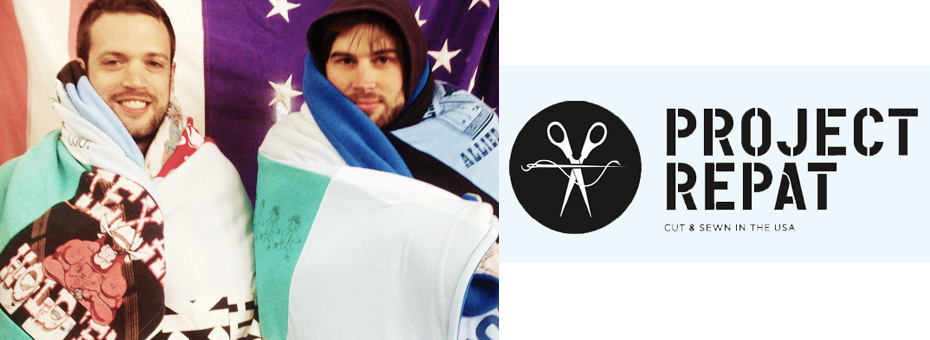It was six minutes after our first accelerator pitch day ended that I knew something was very wrong.
For the past three months, my team members and I at Project Repat had been refining, throwing out, recycling, editing, changing, ad libbing pitch decks of our business. Now pitch day had come, and the money train was supposed to zip in and take us along for the ride. We’d never have to worry about money anymore, we thought. All we had to do was ask for 500K, and it would show up. We were wrong.
We were broke and about to go out of business. We had spent the last few months in the land of milk and investment honey (San Francisco) playing a game of real life LinkedIn profile views, jumping from one mentor who could potentially give us money after pitch day to the next. Instead of honing in on our value to customers and figuring out our supply chain (in case we actually found those customers), we were trying to use our slides as the product people wanted. For a consumer good business selling a product, we were totally out of our league.
In 2013, our first full year of business, we did $1.1 million in sales. How did we do it? Instead of raising money, we went directly to the consumer through Groupon Grassroots, The Grommet, Fab, and Gilt City. We made a lot of mistakes along the way, but we figured things out not by making pitch decks, but by trying to make a product in the USA at scale at a price people were willing to pay for. Interestingly, we found that many of Project Repat’s customers are far removed from innovation centers, residing in the heartlands of America.
Why did we feel so helpless after trying to raise money? Because the current accelerator model is basically the dance recital model. Practice your pitch every day, make a kick-ass presentation. Sit in your co-working space or parents’ basement until you have the perfect pitch deck, then wow the investors or judges. At the end, you get some congratulations, but nobody is handing you cash. While Tech Stars and Y-Combinator have proven this model successful in the ability to help their startups close seven figure rounds, it’s not the model other accelerators should be following. It’s also the opposite of lean thinking.
A more consistent model with lean thinking for new accelerators, especially those who want to bring a consumer good to market, would be based around customer financing. Let’s turn the accelerator model on its head, stop letting the 1% determine what goes to market, and help businesses that create great products everywhere reach wider audiences and markets.
As for how accelerators support (or don’t support) entrepreneurs, here’s the problem: We set up entrepreneurs to fail when we put all the emphasis on pitch day and the amount of money raised, instead of rewarding companies for sales and customers acquired. Accelerators should focus on companies that already have some traction and give them the tools to succeed without constantly having to ask people for money. At a certain point a business has to sink or swim, no matter how many rounds they raise. Most startups raise money so that they can acquire customers, but there are also mechanisms now to help consumer goods reach those audiences without having to raise huge amounts of capital.
For example, with the rise of flash sales and e-commerce marketplace, a consumer good start-up can quickly test out market fit. With a place like Groupon sending out your product, you’ll have enough eyeballs to know whether or not you have a chance at long-term success. After a market launch, which can be during the middle of the accelerator program, startups can get help using their early customers as ambassadors for future customers and their customer relationships as a foundation for long-term viability.
A lean accelerator would focus on the strengths of the business, work closely to fine-tune manufacturing, and put an emphasis on turning new customers into repeat customers. No more dance recitals as the culminating event for accelerators. Instead, let’s just help businesses learn what they need to learn in order to build great products and find a ton of customers. At Project Repat, we’re starting by partnering with Wonder Women of Boston to do exactly this, focusing this time on supporting women-owned consumer goods businesses.
Project Repat has participated in HUB Ventures (now Better Ventures), Root Cause Accelerator, and Future Boston, and been rejected twice from MassChallenge. They are looking forward to a big 2014 selling their product to the millions of Americans who have too many t-shirts in their closet.



